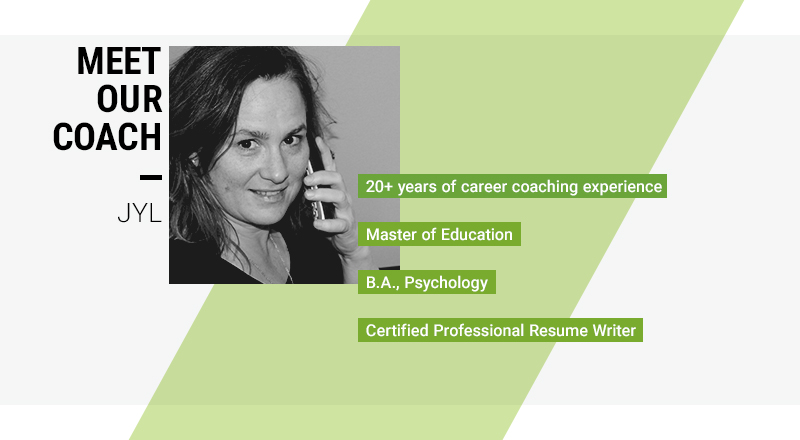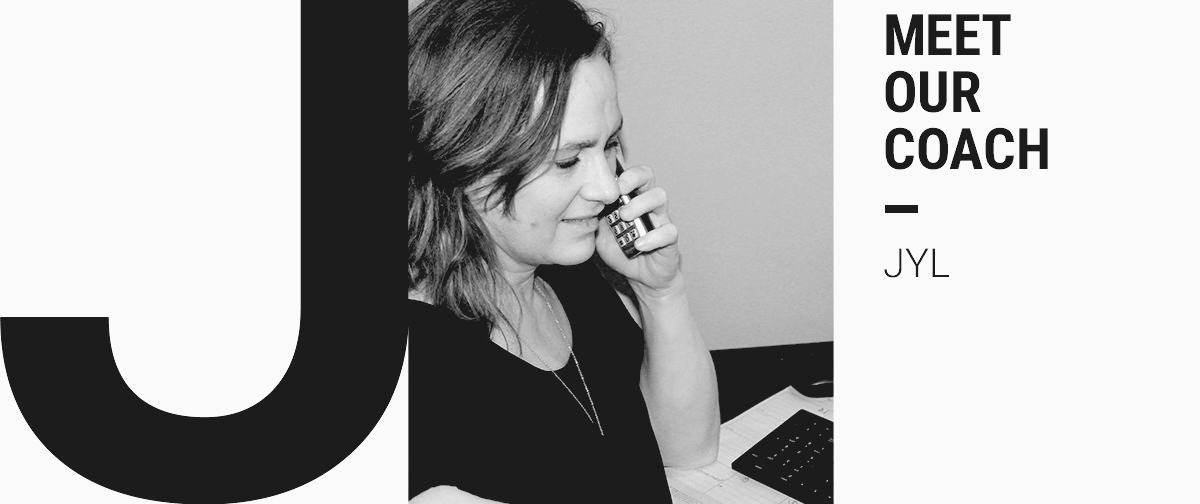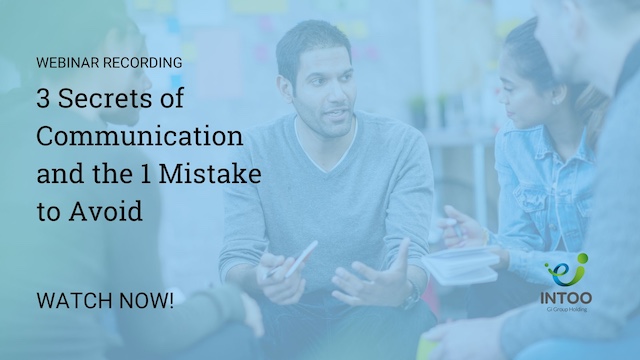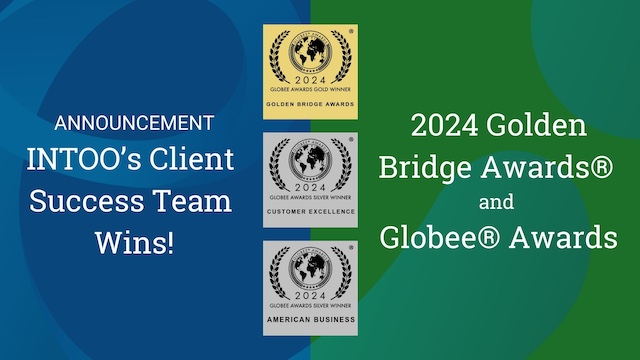“Be Prepared, Flexible and Open to Learning”: A Chat with Jyl, Intoo Career Coach
The beginning of a new job search can be overwhelming. Some people plunge too quickly into applying for jobs without considering what type of career would be most meaningful for them at this point in their lives. Others get stuck in too much soul-searching, taking assessment after assessment test and letting weeks pass without sending out their resumes.

Defining big picture goals while following through on the small details of a job search: That’s what Jyl, Intoo Career Coach, helps candidates do. With more than 20 years of career coaching experience, Jyl knows some unique techniques for empowering candidates to leverage their interests and aptitudes while simultaneously taking action. Jyl, who earned her bachelor’s in psychology and her master’s in education, has taught credited undergraduate courses at two universities. She is also a certified professional resume writer and a certified MBTI practitioner.
In this Q and A, Jyl shares her tips for career success today—not only in a job search, but also in the changing workplace.
With the multi-generations that are in the workplace today, flexibility, openness, and a willingness to learn from each other are crucial.
What is your favorite part about being a career coach?
My favorite part is developing the relationship. Coaching is 80 percent the candidate and 20 percent the coach. I’m very much a structured person, so I love developing a relationship with the candidates, helping them identify a structure for their job search, and seeing them move forward with success.
At Intoo, I work primarily with higher level professionals—directors, VPs, on up to the C level. I kind of feel like I’ve moved with my Gen X age group in a way. When I started in higher ed, my generation was still going through school. Now, they’re the ones with 20 years of expertise, in the leadership roles. As a career coach, it’s really fun to reignite people’s interest in why they’re doing what they do, what they want in another job—then helping them find that spark.
The workplace has changed a lot in recent years. Could you share some of your core pieces of advice for job seekers today?
Be prepared, flexible and open to learning up and down and cross-generationally. A lot of flexibility has to do with how you work and how you communicate. Sometimes, I have less senior candidates who kind of feel like they already know everything. Other times, I have older candidates who have a lot of knowledge and seniority. In both cases, there’s resistance to change. With the multi-generations that are in the workplace today, flexibility, openness, and a willingness to learn from each other are crucial.
As a career coach, it’s really fun to reignite people’s interest in why they’re doing what they do, what they want in another job—then helping them find that spark.
For people who don’t think they need a career coach, could you talk about what the benefits of working with a career coach are?
Well, I think the more you get into your career, the harder it is to see outside the box. Earlier on in your career, you might have moved from one job to the other easily, and you might have done that three or four times. But the fifth time, you can experience a slap of reality that makes you realize, “Uh oh, I’ve run through my network,” or “I’m looking for higher-level positions now and I don’t know what to do.”
Just like you would go to the doctor for preventative checkup, you can go to a career coach for a preventative checkup and ask, “How does my resume look? How does my LinkedIn profile look?” Often candidates will keep adding and adding more items to their resume, but start to wonder, “Am I adding the right things? Should I be looking at doing other things to make sure I’m creating an attractive candidate profile, with a strong portfolio of skills and experiences?” A coach can help answer these questions. And if a candidate has run out of ideas, networks, or resources, a coach can connect them to new ones.
How do you counsel someone who isn’t quite sure what they want in terms of a job or career? Where do you start?
We do have career and personality assessments in the Intoo platform, so I advise candidates to go through those to organize their thoughts. But I’m a very action-oriented kind of person, so I’ll also often say, “Go out there and find 10 jobs that interest you.” I tell them not to worry for now about where they’re located, or even what company it is or what industry they’re in, but just to go look for 10 jobs.
Once they have that list, we go through each one individually. I’ll ask, “What resonates the most with you?” This helps us figure out what is important to the candidate—what excites them, what motivates them, what skills they want to use and develop. Usually, we can narrow down the kind of career the candidate wants to pursue pretty quickly. Then, we’ll talk about how to get to that career. Is this a lateral opportunity the candidate can transition into relatively easily? Or do we need to do some rebranding, and a little bit of career transitioning?
If there has to be some rebranding and career track transitioning, I’ll say, “All right, let’s go and find five people that are associated with these kinds of jobs, talk to them about those jobs, and identify what’s common in those conversations and what resonates you.”
This method keeps the candidate active. Assessments are great, but we don’t want to let that become a passive, time-prolonging process. Most people want to get a job quickly, and taking action quickly helps make that happen.
___
Intoo coaches have an average of 12.9 years of career development experience, and receive an average rating of 4.8 out of 5 stars from users. Learn more about Intoo’s outplacement services, which includes one-on-one, on-demand coaching from premier career counselors, resume reviews, video interview coaching, and more career transition tools and services. P











